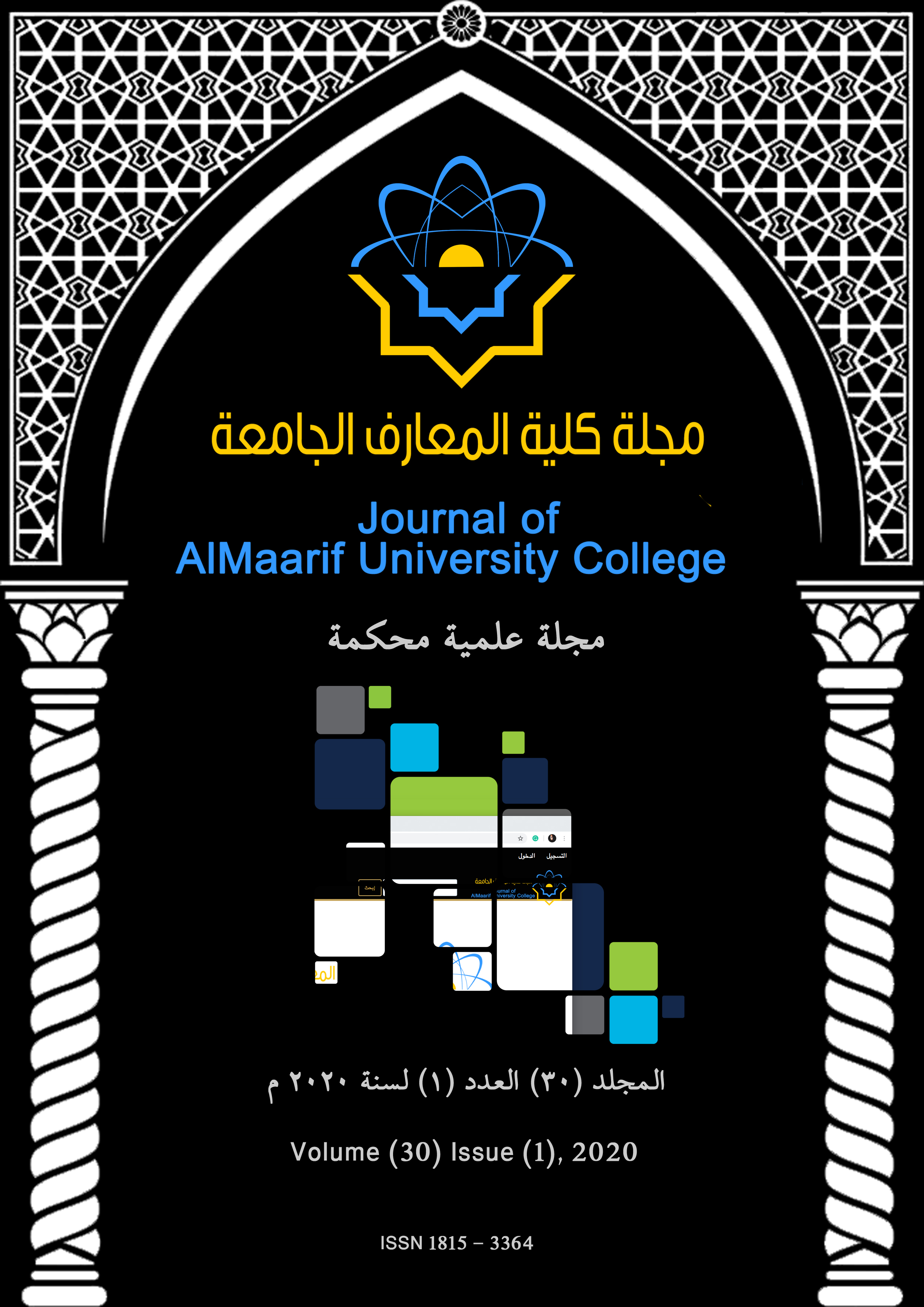The Comprehension Obstructions and their Impact on the Obligations
Main Article Content
Abstract
The current research deals with a number of Usul issues related to the impact of the obstructions interrupting the clear comprehension of the human mind on the obligations. It is well known that the mind is the main condition for the obligations. The mind is the tool of understanding for the person who has the legal capacity to be obliged. However, he may experience obstructions that create confusion in the understanding that affects the assignment of Shariah obligations and their requirements. The research consists of an introduction, two topics, and a conclusion. The introduction clarifies what the mind is and the term emotional. The first topic dealt with the self-obstructions which existed with the person’s contribution. Three sections are included in this topic, the first of which was about the drunkenness that takes place either intentionally or incidentally. the second section deals with anesthesia and the third is about sleep. The second topic in this paper deals with the obstacles that the person has no choice in their existence and discussed in six sections: the first section was about madness, fainting, and anesthesia, the second about mental illnesses which expressed in modern terms such as psychosis, epilepsy, schizophrenia, and autism. The third section is oblivion and negligence. The fourth is on anger and affliction, and the fifth is on the intensity of joy and sadness and pain. And the sixth is on the intensity of fear. Through the tour in this research, it became clear that understanding the speech in a way that makes the person of legal capacity aware of it, is the basis of the obligation and one of its conditions. Any obstacle to this understanding cancels or reduces the assignment of obligation. And it turned out that the obstacles are either in the capacity of the person or outside it, and for each case, there is a certain judgment. And that the obstacles affect the obligatory speech, rather than the declaratory speech. The obstacles vary in intensity and weakness in their effect on the mind, which is reflected in the speech and eligibility, making them non-existent or incomplete. The Mufti needed to know the degree of the obstacle, based on custom or medicine, in order to reach a judgment.

